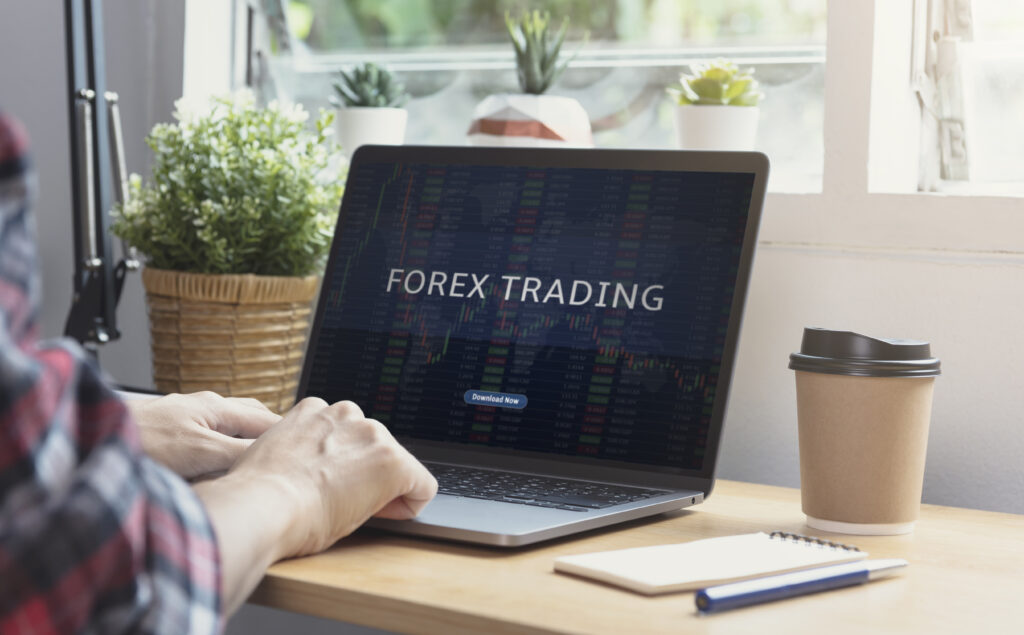Introduction
The forex (foreign exchange) market is a vast and intricate financial ecosystem, where currencies from around the world converge, creating opportunities and challenges for traders and investors alike. It’s a dynamic marketplace influenced by a multitude of factors, including economic indicators, geopolitical events, and central bank policies. However, one often underestimated but highly influential player in the world of forex trading is the role of global economic forums. These forums serve as pivotal platforms for discussions, collaboration, and decision-making that can have a profound impact on the forex market dynamics.
In this comprehensive article, we will delve into the essential role played by global economic forums in shaping positive forex market dynamics. We will explore how these forums influence investor sentiment, affect currency movements, and contribute to a stable and prosperous global economy.
Understanding Global Economic Forums
A. Defining Global Economic Forums
Global economic forums are international organizations or gatherings where leaders, policymakers, economists, and industry experts come together to discuss, analyze, and find solutions to various economic issues. These forums provide a platform for dialogue and cooperation among nations to address global economic challenges.
B. Prominent Global Economic Forums
Several renowned global economic forums shape international economic policy and play a crucial role in influencing the forex market. Some of the most prominent ones include:
- World Economic Forum (WEF): The WEF, held annually in Davos, Switzerland, brings together global leaders, business executives, and experts to discuss and address pressing economic and geopolitical issues.
- G7 and G20 Summits: These summits gather leaders from the world’s major economies to discuss economic policies, international trade, and global financial stability.
- International Monetary Fund (IMF) Annual Meetings: The IMF meetings serve as a platform for member countries to discuss economic and financial issues, exchange ideas, and seek solutions to global economic challenges.
The Influence of Global Economic Forums on Forex Markets
A. Policy Announcements and Market Sentiment
Global economic forums often become venues for policymakers to make significant announcements and commitments that can directly impact forex market sentiment. These announcements can include:
- Fiscal and Monetary Policies: Discussions on fiscal and monetary policies can signal changes in economic direction, influencing investor sentiment and currency movements.
- Trade Agreements: Announcements regarding international trade agreements or disputes can lead to volatility in forex markets as traders react to potential changes in trade flows.
- Economic Forecasts: Forecasts and assessments of global economic conditions made during these forums can impact market sentiment and drive forex trading decisions.
B. Collaborative Decision-Making
Global economic forums foster collaboration among nations, which can result in coordinated efforts to address economic challenges. Such collaboration can lead to:
- Currency Stability: Agreements on exchange rate policies and currency stabilization efforts can have a positive impact on forex markets by reducing volatility.
- Crisis Mitigation: Forums provide a platform for countries to cooperate in times of financial crises, which can help stabilize currencies and restore market confidence.
Case Studies: The Impact of Global Economic Forums on Forex Markets
To better understand the influence of global economic forums on forex market dynamics, let’s examine a few case studies where these forums played a pivotal role:
A. G7 Summit and Exchange Rate Agreements
The G7 Summit is known for its discussions on exchange rates and their impact on global trade. In the 1985 Plaza Accord, G7 nations agreed to depreciate the U.S. dollar to address trade imbalances. This agreement led to a significant drop in the dollar’s value, which had a profound effect on forex markets. Traders adjusted their positions accordingly, leading to notable currency movements.
B. IMF Bailouts and Currency Stability
During financial crises, the IMF often steps in with bailout packages and stabilization programs for affected countries. These actions can help restore confidence in the currencies of the affected nations and stabilize forex markets. For instance, the IMF’s involvement in the Asian financial crisis of 1997-1998 contributed to currency stability in the region.
C. Brexit and the Pound Sterling
The Brexit referendum in 2016 and subsequent negotiations between the UK and the EU had a substantial impact on the British pound (GBP). Announcements and developments during the negotiations caused significant volatility in GBP exchange rates. Traders closely monitored statements from global economic forums, including the World Economic Forum, to gauge the potential economic consequences of Brexit.
Strategies for Forex Traders in Response to Global Economic Forums
Forex traders need to be prepared for the influence of global economic forums on the market. Here are some strategies to consider:
A. Stay Informed
Traders should actively follow news and developments from global economic forums. Timely information about policy changes and announcements can help traders make informed decisions.
B. Use Risk Management Techniques
Due to the potential for increased volatility during forum events, traders should implement risk management techniques, such as setting stop-loss orders and managing position sizes, to mitigate potential losses.
C. Understand Market Sentiment
Traders should gauge market sentiment and sentiment shifts that may occur following forum announcements. This can involve analyzing economic indicators, investor sentiment indices, and market reactions.
D. Be Flexible
Flexibility is key in forex trading. Traders should be ready to adapt their strategies in response to unexpected developments that may arise during or after global economic forum meetings.
The Broader Implications of Global Economic Forums
A. Economic Stability
Global economic forums contribute to economic stability by promoting cooperation and coordinated responses to financial crises. Stable economies are less prone to currency fluctuations, which can benefit forex traders and investors.
B. Long-Term Investment
Positive outcomes from global economic forums can attract long-term investors, leading to increased capital flows into a country’s financial markets. This influx of investment can impact currency valuations over the long term.
C. Geopolitical Considerations
Global economic forums often address geopolitical issues alongside economic ones. Geopolitical stability can have a significant impact on forex markets, as political events can lead to currency fluctuations.
Conclusion
Global economic forums play a vital and often underappreciated role in shaping positive forex market dynamics. These forums influence policy decisions, impact investor sentiment, and contribute to economic stability. Forex traders and investors must recognize the significance of these forums, stay informed about their outcomes, and be prepared to adapt their strategies to navigate the ever-changing landscape of international finance. By understanding the crucial role of global economic forums, traders can make more informed decisions and contribute to a stable and prosperous global economy.
Read our latest article on IP Laws
FAQs
Q1: What are global economic forums like the G20 and the WEF, and what is their significance? A1: Global economic forums, such as the G20 and the WEF, are platforms where world leaders, policymakers, and experts discuss critical global economic issues. Their significance lies in their influence over forex markets and broader financial dynamics.
Q2: How do G20 meetings and declarations impact forex markets? A2: G20 meetings and declarations can significantly impact forex markets by addressing exchange rates, trade policies, and cooperation agreements. Their outcomes can influence currency values and trading sentiment.
Q3: What role does anticipation and speculation play in forex trading during global economic forum events? A3: Anticipation and speculation are vital in forex trading during forum events. Traders often position themselves based on their expectations of forum outcomes, which can lead to market movements.
Q4: Can you provide examples of significant G20 events and their effects on currency trading? A4: Yes, historical events like G20 summits have had notable effects on currency trading. For instance, positive resolutions on trade issues have boosted currency values, while uncertainties may lead to depreciation.
Q5: How do World Economic Forum (WEF) discussions impact investor sentiment? A5: WEF discussions foster global dialogue and can influence investor sentiment. The outcomes can shape perceptions of global economic stability and opportunities, affecting investment decisions.
Q6: What are some notable WEF initiatives, and how do they impact forex market dynamics? A6: The WEF initiates programs addressing global challenges, such as sustainability and technology. These initiatives can have implications for forex market trends, reflecting broader economic shifts.
Q7: Why is it important to understand the relationship between global economic forums and forex markets? A7: Understanding this relationship is crucial for investors, traders, and policymakers as it allows them to anticipate market movements, manage risk, and make informed decisions in a dynamic trading environment.
Q8: How do traders employ risk management strategies during forum-driven market volatility? A8: Traders use risk management strategies such as setting stop-loss orders, diversifying portfolios, and determining appropriate position sizes to mitigate risk during forum-driven market turbulence.
Q9: Can you provide case studies of successful and unsuccessful trading strategies during forum-related volatility? A9: Yes, we examine real-world case studies of traders who effectively managed risk during forum-driven market turbulence, offering insights into practical trading strategies.
Q10: What is the ultimate goal of studying the impact of global economic forums on forex markets? A10: The goal is to provide a deeper understanding of how these forums influence currency trading, investor sentiment, and the broader financial landscape, enabling informed decision-making in the realm of international finance.
Click here to read more on Global Economic Forum

